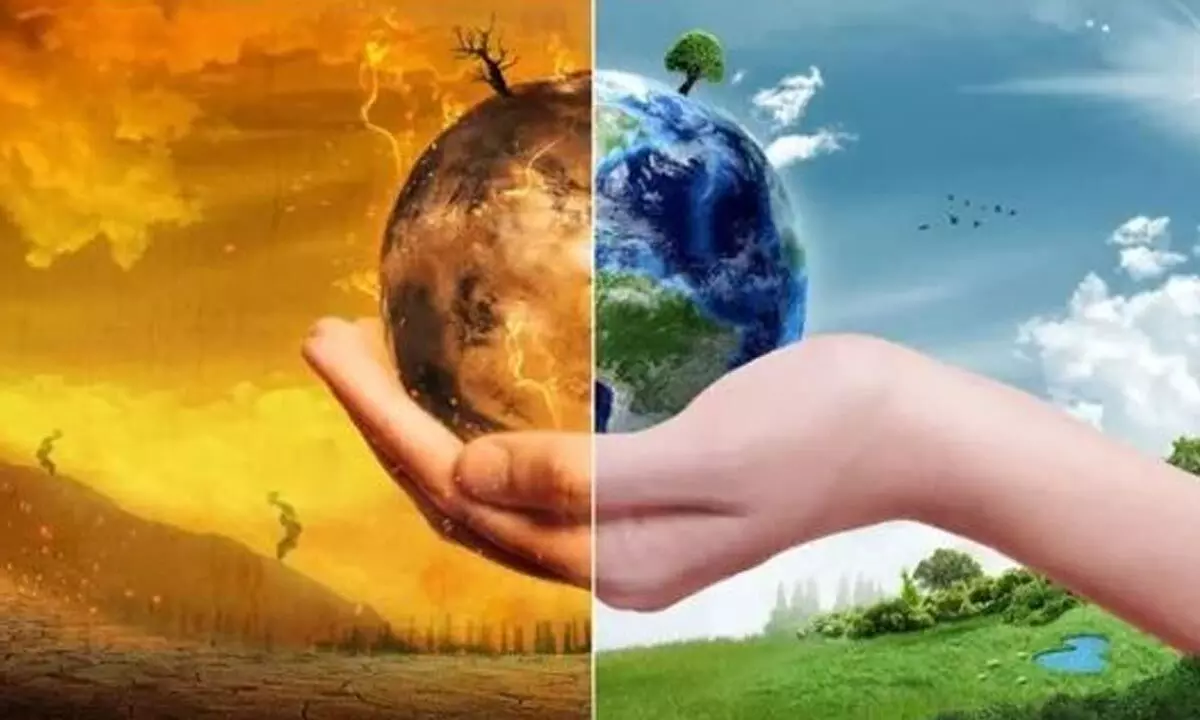Climate change to impact mountains, human activity on a global scale

Climate change will negatively impact mountain landscapes and human activity globally by increasing the risk of hazards such as avalanches, river floods, landslides, debris flows and lake outburst floods, a study has warned.
Climate change will negatively impact mountain landscapes and human activity globally by increasing the risk of hazards such as avalanches, river floods, landslides, debris flows and lake outburst floods, a study has warned.
The researchers noted that under the threat of climate change, mountain landscapes all over the world have the risk of becoming more hazardous to communities surrounding them, while their accelerated evolution may bring further environmental risks.
The study, published in the journal PeerJ, shows how complex mountain systems respond in very different and sometimes unexpected ways to climate change, and how these responses can affect mountain landscapes and communities.
"Worldwide, mountain glaciers are in retreat because of global warming and this is causing impacts on mountain landforms, ecosystems and people. However, these impacts are highly variable," said Professor Jasper Knight, from the University of the Witwatersrand in South Africa. "The latest report by the Intergovernmental Panel on Climate Change (IPCC) treats all mountains as equally sensitive and responding in the same way to climate change.
However, this approach is not correct," said Knight. The researchers noted that mountains with snow and ice work completely differently to low-latitude mountains where snow and ice are generally absent. This determines how they respond to climate and what future patterns of mountain landscape evolution we can expect, they said.
Mountain snow and ice globally provide water for hundreds of millions of people, but this water supply is under threat because of changing weather patterns and as mountain glaciers get smaller and smaller. In future, the water crisis in dry continental areas of Asia, North America, South America and Europe will only get worse, according to the researchers.














